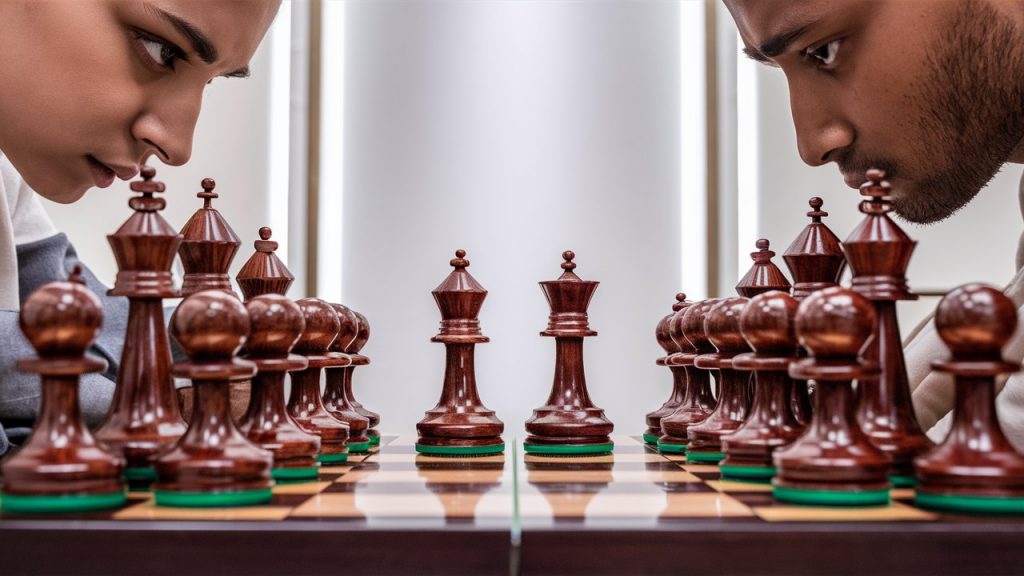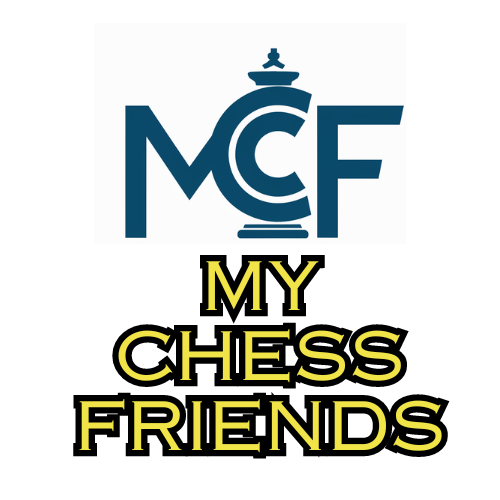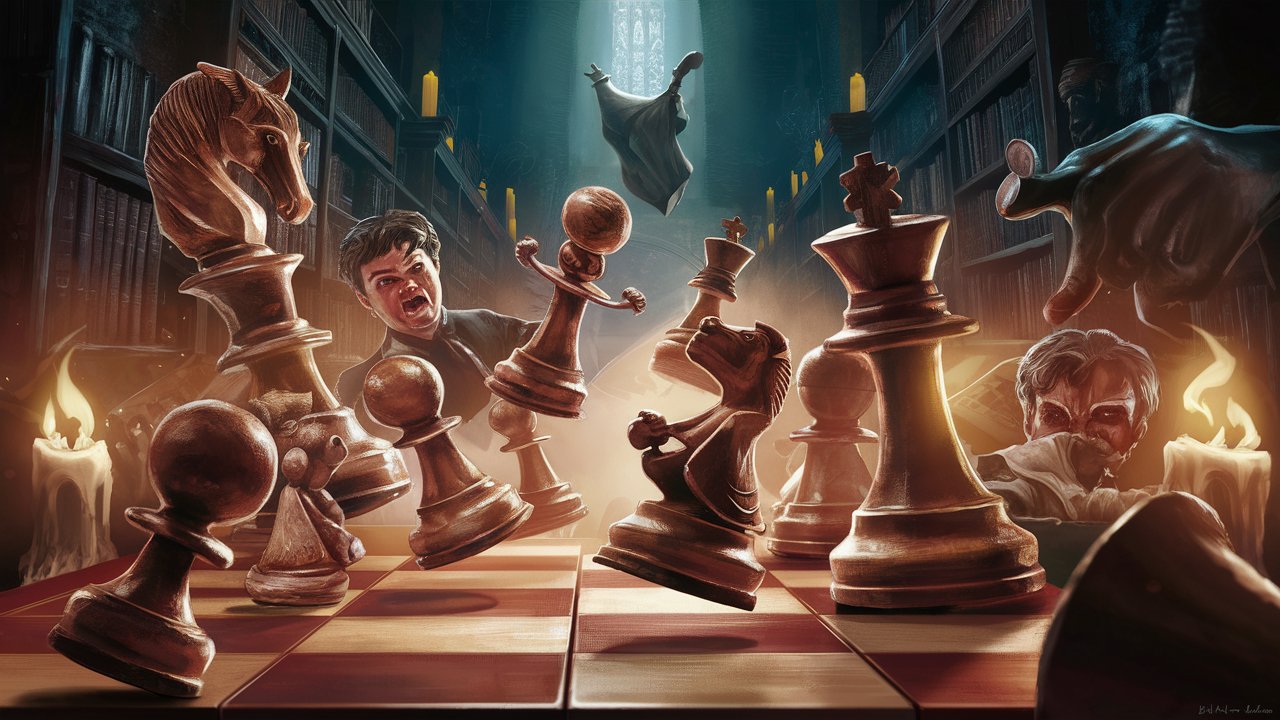
How does one become a strong chess player? Everyone wants to learn a secret method for quickly improving their chess skills! Should you focus on tactics? How much time should you spend on endgames? Do you have to play over-the-board chess? We’ll address these and other questions, as well as provide you with a concise 3-step strategy outlining the most crucial activities you should do to improve your chess skills.
Step 1: Solve Tactics Daily.
One of the most crucial things you can do to improve your game is to start solving tactics. There are a few things to bear in mind when working on tactics. First and foremost, you should not devote the entire training session to it. Spending 15-20 minutes per day is completely sufficient.
Choose the problems that you can solve relatively rapidly. If you need to spend 30 minutes to find a single solution, the problem is too hard. Ideally, you should spend around 2-3 minutes per problem or less for finding all the crucial lines and variations. You can read this article https://thechessworld.com/articles/training-techniques/improving-your-chess-by-solving-tactics-5-tips-to-follow/ to learn how to solve tactics.
A good place to start is at chesstempo.com and both lichess and chess.com have free tactical exercises to try out. Pick one or more that you like!
That way, you can solve 7-10 issues each day. It may not seem like much, but it will result in 70 difficulties per week, 300 problems per month, and 4500 problems per year. That is a good basis and will prepare you to find the majority of combinations.
Also read https://gilachess.blogspot.com/2024/03/chess-puzzle-books-vs-online-tactics.html if you want to know the pros and cons of the digital vs the physical tactics exercises.
Step 2: Play Competitive Chess.
JUST PLAY!! It’s the most critical step toward improving your chess skills is practice. The most common mistake that amateur players make is thinking that playing online chess is sufficient. Online chess can be a temporary replacement for over-the-board chess. However, in order to completely concentrate on the game and perform at your best, you must compete against real people.
Even when playing practice matches, the amount of value gained from over-the-board games is incomparable to online chess. There are no GMs or IMs who rose to prominence due to their involvement in online chess. They play online, but mostly for enjoyment rather than serious training. If you want to get the most out of your practice matches, always go all out. Simple!
Step 3: Analyze Your Losses
Analyzing lost games is one of the most significant components of improving at chess. Many amateur players prefer not to examine their games at all, or to focus solely on the wins. Unfortunately, we cannot learn from others’ mistakes.
We learn best from ourselves. Touching a hot plate once and getting burned is far more effective than being told 100 times that touching a hot dish is bad. In chess, the same principle applies. By missing a back rank mate once or twice you’ll beware and avoid future accidents.
You can learn what went wrong and try to prevent similar things from happening in future games by reviewing your lost games. The only way to improve at chess is to face your losses, even when it hurts. I recommend reading if you want to understand how to analyze games :

